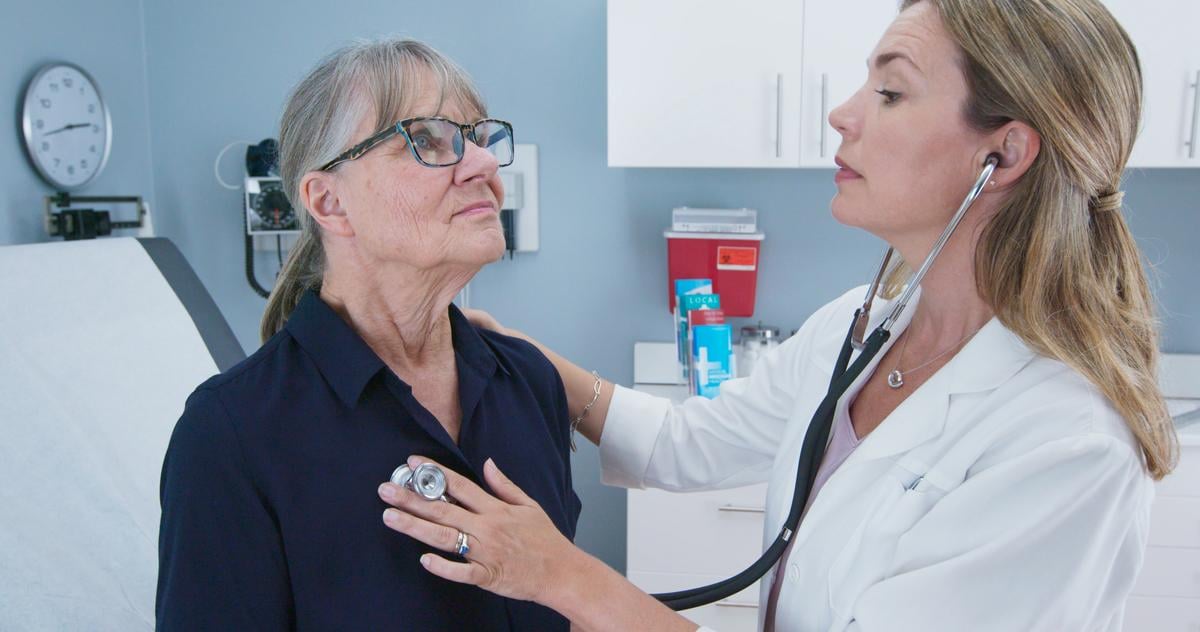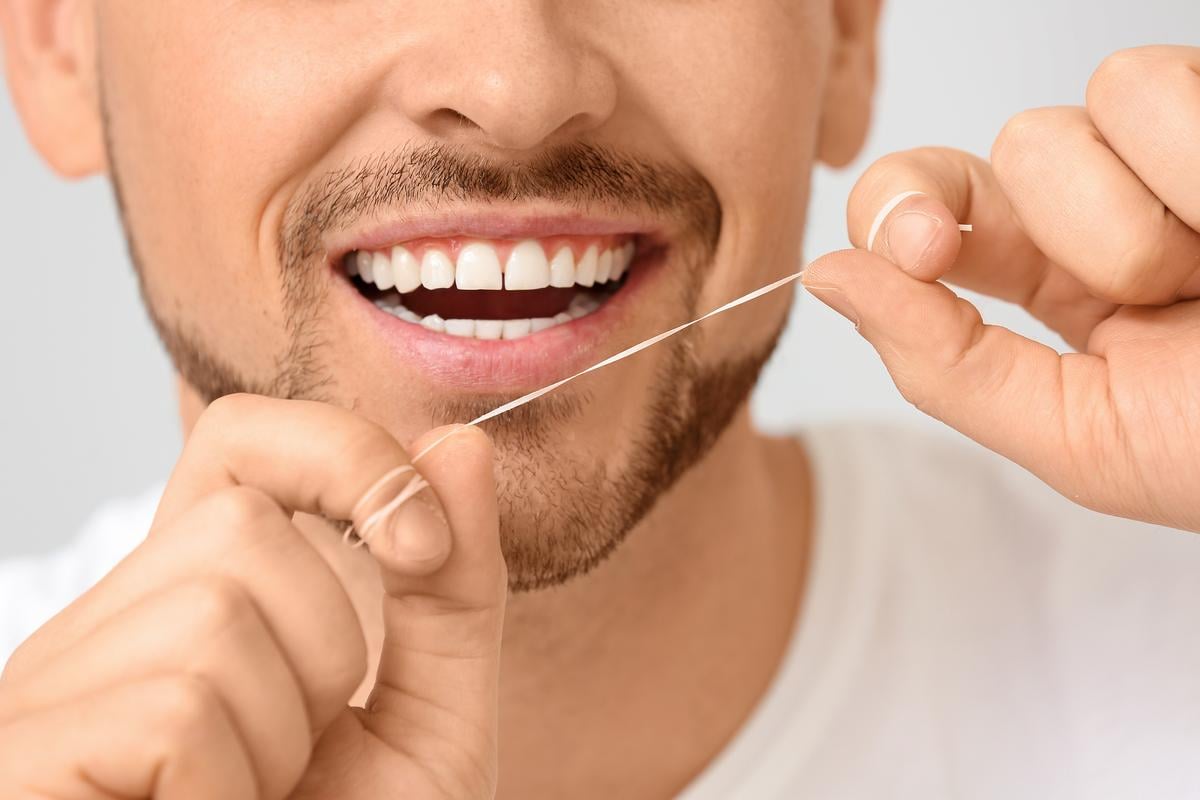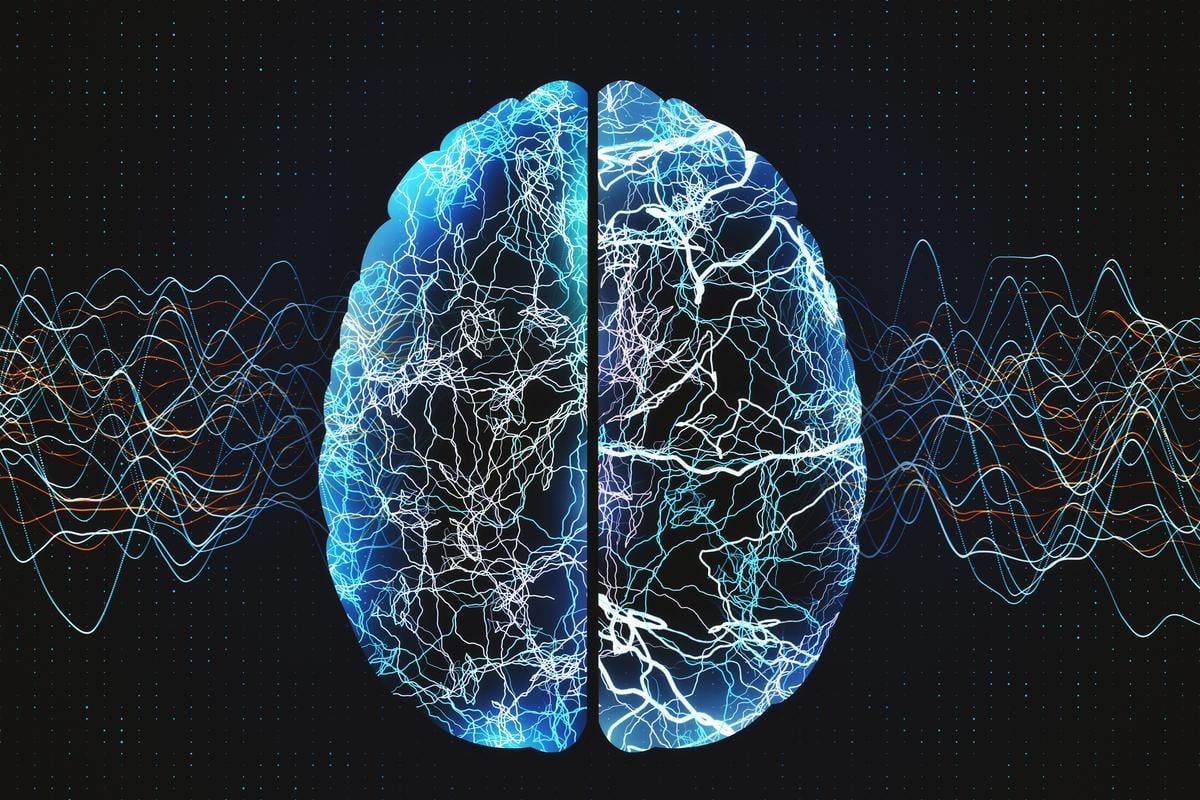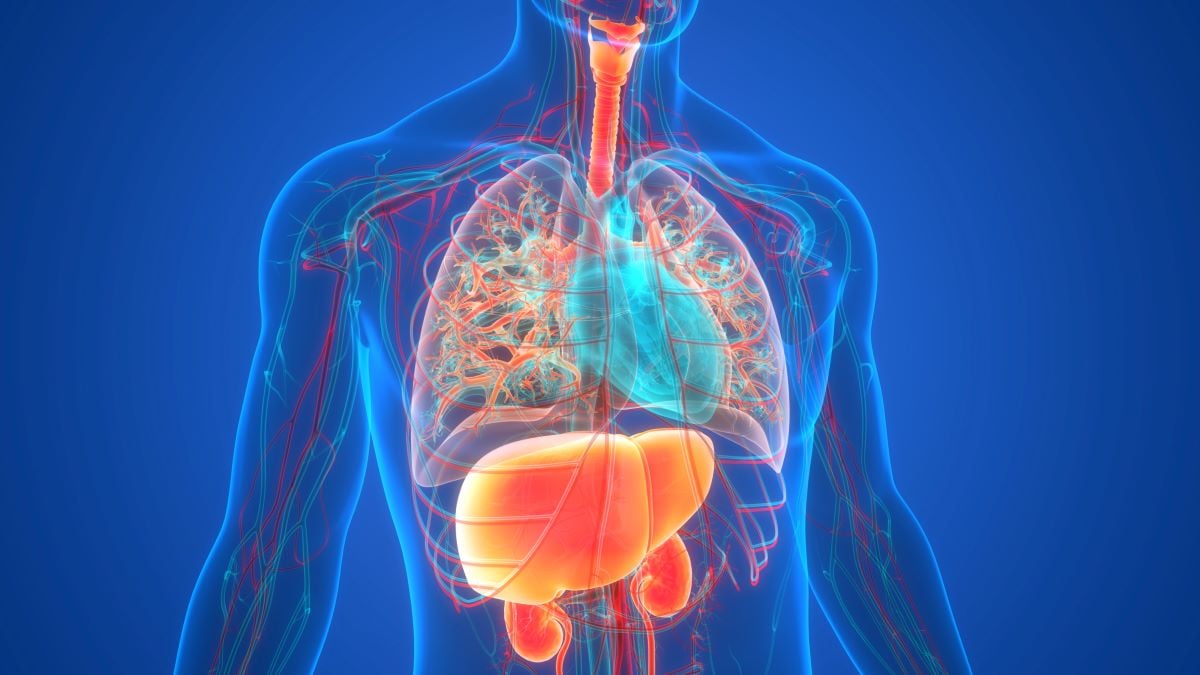
A trio of risk factors not only increase your risk of stroke, but they also raise the odds that such a stroke will be debilitating, a new study warns. What are these three big dangers? Smoking, having high blood pressure and suffering from atrial fibrillation all significantly raise the risk of suffering a severe stroke,… read on > read on >


















